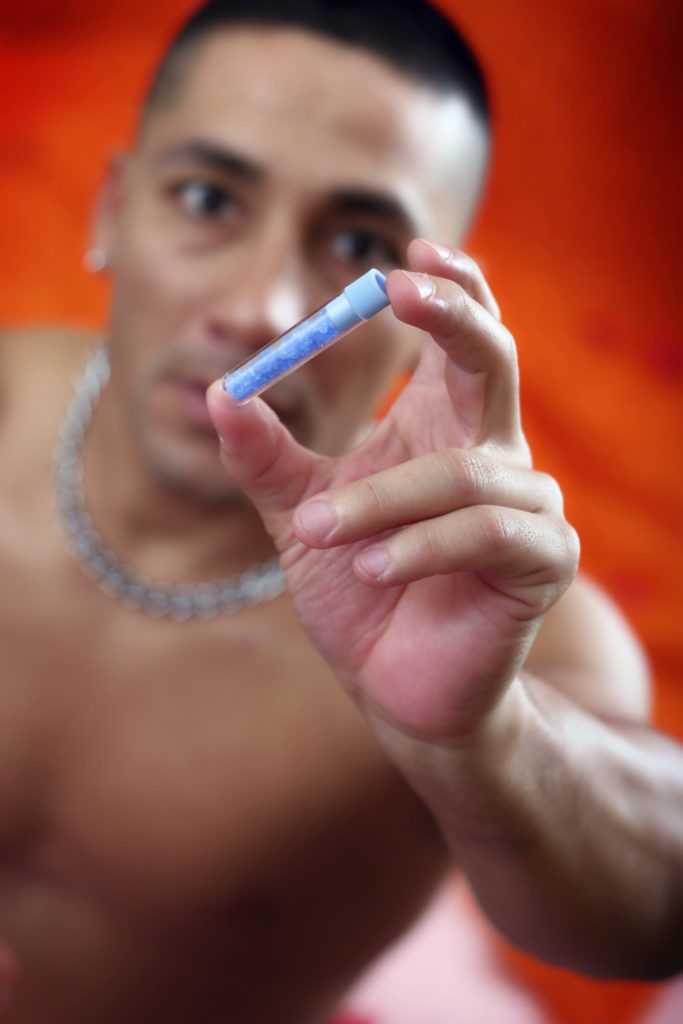Amy sits nervously in the center of a group circle made up of recovering addicts and their loved ones to read aloud a letter she has written to her family. This is Amy’s first time to share a “Family Letter” in the weekly group sessions attended by her fellow addicts in recovery and their significant others or family members. Amy is protective of her mom. She wasn’t close to her father while growing up because he had a drinking problem, which made him short-tempered and violent, so she avoided him to avoid run-ins. However, she stepped in to protect her mother a few times, which was traumatic … and led her to begin drinking to numb her pain and forget about the stress at home. As we look at Amy’s example, we see how addiction treatment works best when family’s involved.
Amy’s Letter
With her mother seated across from her, Amy takes a deep breath, and begins in a shaky voice: “Mom, as a recovering alcoholic I need us to move away from a dysfunctional relationship where I feel like I’m protecting you from Dad when he is drinking, or serving as the only person you can talk to about your dynamic with him,” says Amy, who is 20 days into an addiction treatment program for alcohol abuse.
“I’m willing to stop stepping into my co-dependent protective role if you’re willing to consider moving away from Dad. Unless you move away from him, I’m afraid he’ll keep hurting you. When he hurts you and you’re in pain, it hurts me. I feel your pain. And I drink and use because I don’t want to feel that pain and I don’t want to feel so afraid for you. If nothing changes in your relationship with Dad or his drinking, then I will have to distance myself from both of you to protect my recovery. I will still love you no matter what”
“Dad, I know you probably aren’t going to be here today to hear this, but I hope you can get the kind of help I am now getting. I feel so much better. I know you need treatment, too, and I know things would be better for you, and us, if you got it.” Amy’s mother silently nods, her eyes filled with tears, as her daughter reads the letter.
Examples of How Addiction Treatment Works Best if Family’s Involved
The addiction counselor who is facilitating the session commended Amy for the courage and hope she has demonstrated by speaking up. He gently asks Amy’s mother to talk about the emotions she is feeling when Amy says these things. This prompts Amy and her mother to begin discussing difficult topics in an open and honest way without having to point the finger or blame each other.
Even though Amy’s father didn’t attend this family session, it is helpful that one concerned family member is there to hear Amy, and to support her and her recovery. Studies have shown that involvement from even one family member can be enough to strengthen the family system, reinforce change in the addict, and help the addict stay engaged and motivated in their recovery process. Family involvement also has been shown to increase aftercare participation and lead to a higher likelihood of successful long-term recovery.
All in the Family
Addiction is a family disease. The health of the family, as well as the family dynamic and environment, are often contributing factors in addiction. For this reason, family work should be an integral part of any addiction treatment program, and including family in recovery programs has become the standard of care at many rehab facilities, like The Right Step in Texas.
“We are very proud of our family program, which involves a full day every Saturday,” says Casey Arrillaga, MSW, LCDC, EAP Case Specialist, The Right Step. “Families get a slice of life by seeing firsthand the things our clients do every day in their treatment program, such as their own process group. Families also attend an educational session with their loved one, experiential groups such as family sculpting or a session where a family returns to The Right Step to talk after some time in recovery. The day culminates in the family letters and sharing group, which is one of our most powerful sessions all week.”
Through family-addict therapy and sharing sessions, families are able to work on their past hurts and look toward the future. They do this by working together in laying out a plan for how they are going to heal their relationships and what they want their relationships to look like in recovery.
Family Sessions Can Uncover Underlying Issues
The families who are sharing in a family letters group sit in the center of the room, with other families and clients around them for support. After the clients and their family members are done sharing with each other, the group gives feedback and reflection.
Arrillaga explains that surprising things can happen in family sessions, which can be very healing for all the members of the family and very enlightening for the others who are attending. “One mother was able to admit that she was shocked to hear her daughter call herself an alcoholic,” recounts Arrillaga. When he questioned the mother what this meant for her, she told the group, “Well if she’s an alcoholic, then I guess I am, too!” After the mother and daughter talked for a few minutes in the session about their history of drinking together, the mother committed to trying AA and seeking her own recovery.
A couple that had shared in the group were able to look each other in the eye and talk about what they had done to manipulate each other when active addiction was present in the family.The addict-client’s spouse admitted that he had kept her drunk so that she was easier to handle, while our client admitted to using sex so that he would get her alcohol. This led to a conversation in which they got past the family mythology of “the terrible wife and the wronged husband,” and were able to start the foundation of a much more honest and open marriage.
Why Addiction Treatment Works Best When Family’s Involved
What are the reasons that addiction treatment works best when family’s involved? One of the reasons is that the main focus of family letters sessions is communication. Counselors guide addict-clients in writing their letters to loved ones by providing them with question prompts, many of which reflect concepts from the Positive Recovery and Daring Way programs used at The Right Step. Some of the questions provided in the letter-writing guide include:
- How would you like to see this relationship improve?
- What are you willing to do to move toward this?
- What are your fears around this relationship?
- How do my actions cause you pain in this relationship?
- What do you do when you feel the pain?
- How can you improve these reactions?
- What strengths do you bring to the relationship?
- What strengths do you see in your loved one?
- Is there anything you would like to say that has not yet been said?
Arrillaga notes that sometimes families who have shared their family letters in these sessions during treatment will come back a year or more later to talk to other families who are in treatment. They share with them what life was like before and during treatment and, most importantly, what it has been like since their loved one completed treatment and transitioned back to home life.
Learn More about Why Addiction Treatment Works Best When Family’s Involved
Does a member of your family need addiction treatment? Maybe you have been putting off getting treatment for yourself. If these situations sound familiar, call Right Step today. We offer a variety of addiction treatment therapies, including:
- Holistic therapy
- Cognitive behavioral therapy
- Dialectical behavioral therapy
- Group therapy
- Family therapy
To learn more about why addiction treatment works best when family’s involved, or to enroll in a treatment program, call 17135283709 today.






